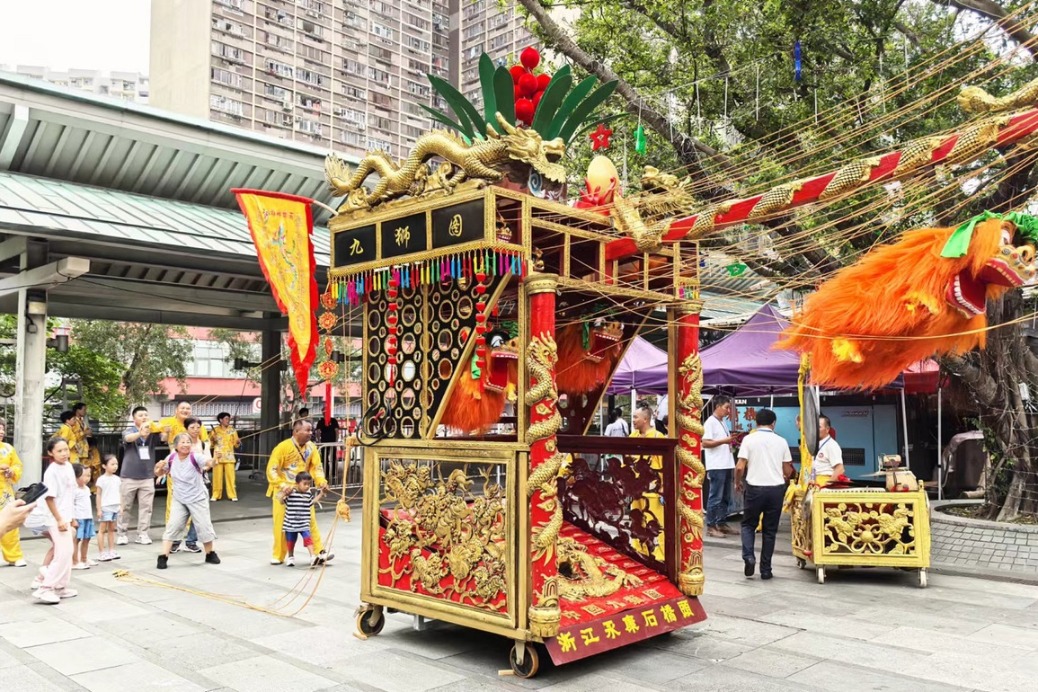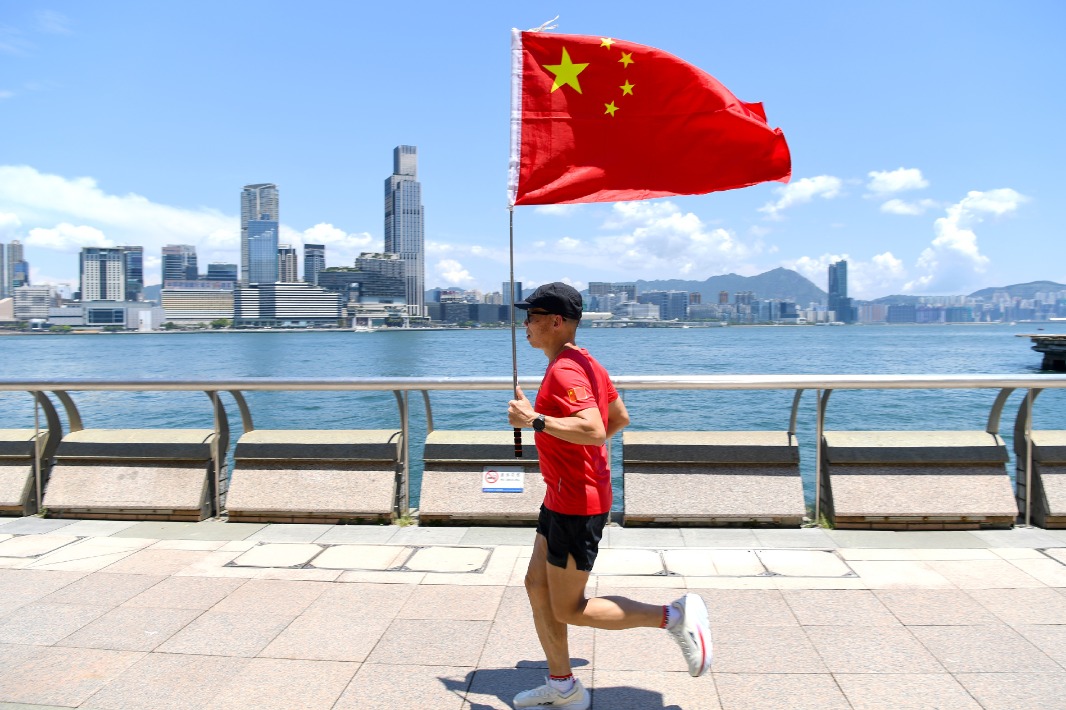Blue skies pave way for green lifestyles

I have developed the habit of walking to work and for leisure if weather and distance permit. My smartphone counts the steps I take every day and sometimes I compare the record with my friends.
When I was assigned to cover this year's annual sessions of the National People's Congress and Chinese People's Political Consultative Conference National Committee, I worried that the busy schedule of interviews might prevent me from sustaining my green lifestyle.
On Friday, an idea occurred to me: I could abandon door-to-door taxis and take the subway to meeting places and interviews during the coming days.
My office is about 1 kilometer from the nearest metro station. In terms of density of metro lines, Beijing is similar to London and Paris. You can walk to a station from any point in downtown Beijing in less than 20 minutes.
The deputies and members at the two sessions, who number more than 5,000, are staying in various hotels in Beijing, and I could access their hotels by metro.
With more lines still being constructed, Beijing has made stunning progress over the past decade in subway construction. I can still remember when attending a meeting in London in 2007, a participant used the sharp difference of metro line density of Beijing and London to argue that the gap between China and the West was huge.
While the West has slowed its pace of development since then due to financial and debt crises, China's economy has sustained a rapid pace, which has allowed massive investment in urban infrastructure.
Now, in megacities such as Beijing, the subway has become the first travel option for many people.
And bluer skies in previously smog-prone Beijing are helping to make walking more attractive.
In recent weeks, it has been mostly sunny, clear and pleasant in the capital. In December, Beijing was even among the top 10 Chinese cities in terms of air quality due to new measures to curb expansion of polluting industries and shift to clean energy instead of coal.
Moreover, both the Beijing municipal government and the central government plan to continue the fight, listing tackling pollution and poverty among the "three big battles". China aims to eradicate extreme poverty by 2020. Certainly, it will take longer to deal with the severe pollution in the air, water and soil.
The determination and political will to achieve the goal of constructing a "beautiful China" will be reiterated at the two sessions.
If the proposed directions and measures are followed, not only will Beijing's metro line density match that of Western metropolitan areas, but so too will its environment.





































